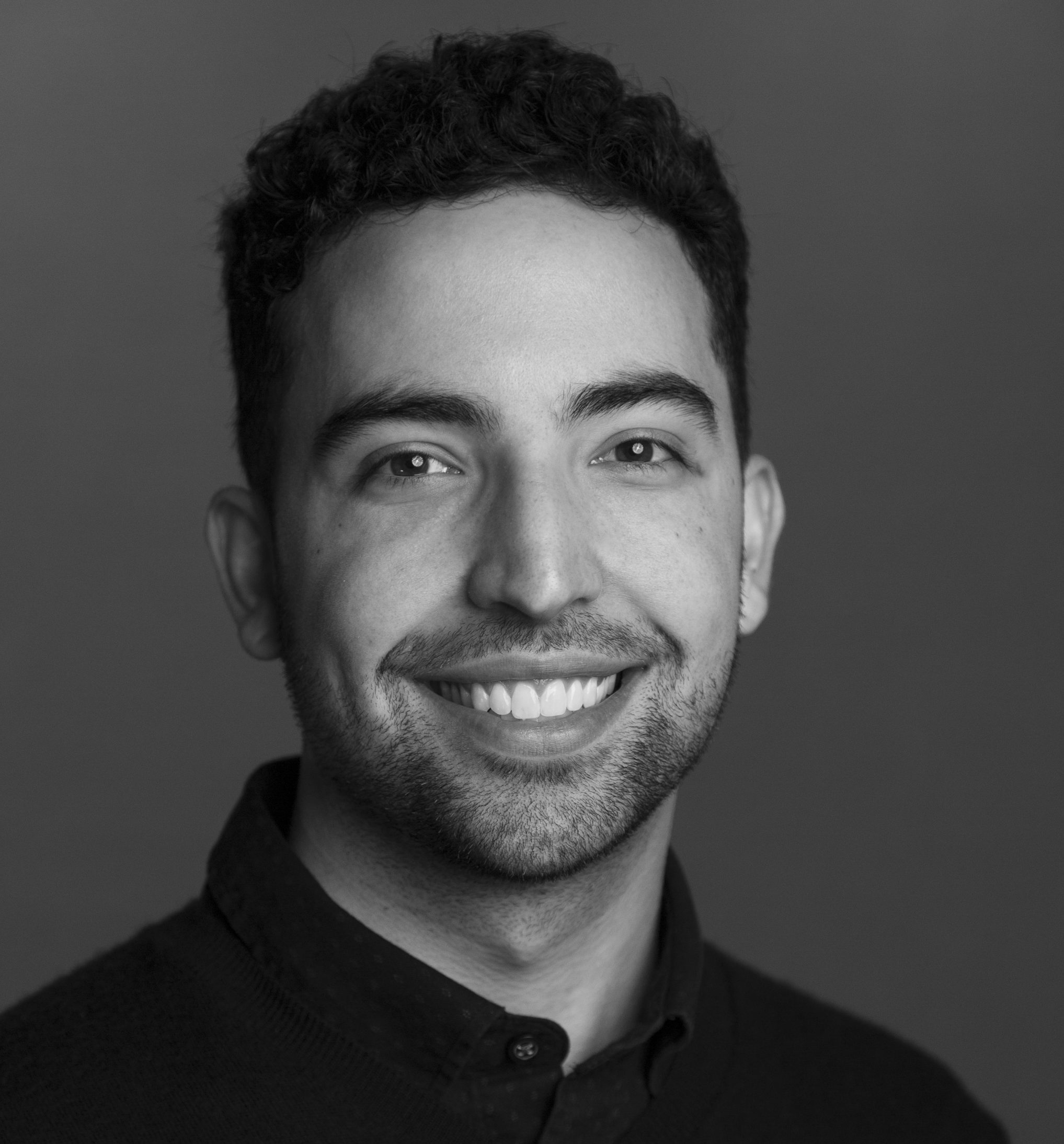Alumni Spotlights – Jordan Chase
Jordan Chase, (he/him)
(DMA ‘20, composition)
Professor, Composer, Engraver, Orchestrator, Arranger
 Composer Jordan Chase’s music has been performed, recorded, and published by ensembles and artists throughout the United States and abroad. Recent composer residencies include the James Stroud International Youth Guitar Competition (Cleveland Institute of Music), where Toward a Copper Sea was premiered; and the Rhode Island Recording Ensemble (University of Rhode Island), which featured his composition Emanations on their latest album, Radiant Dance. Events in 2023/24 consist of video releases and premieres for Celestial Air for 12 trumpets, and when I arrive for solo cello, The Taste for Nothingness for soprano, violin and cello, and Hollow Winds for solo piano.
Composer Jordan Chase’s music has been performed, recorded, and published by ensembles and artists throughout the United States and abroad. Recent composer residencies include the James Stroud International Youth Guitar Competition (Cleveland Institute of Music), where Toward a Copper Sea was premiered; and the Rhode Island Recording Ensemble (University of Rhode Island), which featured his composition Emanations on their latest album, Radiant Dance. Events in 2023/24 consist of video releases and premieres for Celestial Air for 12 trumpets, and when I arrive for solo cello, The Taste for Nothingness for soprano, violin and cello, and Hollow Winds for solo piano.
Tell us about your journey to your current career path. What were the pivotal moments? What surprised you?
My journey to my career path has probably been different than most, as I started music very late, and literally learned how to read music my freshman undergraduate year. At the time, I demonstrated enough self-taught guitar skills to be accepted into a music program but was completely unaware that becoming a composer was a possibility. A pivotal moment for me was taking a composition class and being exposed to various musical languages. It was completely eye-opening, and in a sense reminded me of when I used to write songs on guitar for my high school band. Turning a hobby into a profession became a reality because of the guidance and inspiration from my undergraduate professors.
What opportunities did you take advantage of in school that helped you to build helpful skills and experiences?
Remaining an active instrumentalist, as well as a composition major, allowed me to forge valuable connections and improve my ability as a soloist and chamber musician. As a composer, it would allow me to communicate ideas more easily in rehearsals. My earliest successful premieres were all guitar-related, a direct correlation to my commitment to the instrument. Other opportunities included finding on-campus employment furthering my interest in the field. For example, during my doctorate program at Peabody, I worked in the LAUNCHPad career center learning how to create professional materials such as a cover letter, CV, resume, grant application, and website, along with how to find job and funding opportunities.
How has your network and/or community impacted your professional journey?
My network and community from school(s) were integral to my professional journey. I encourage my students to attend as many concerts as possible, connect with other artists, and support their classmates as these will be the professional relationships leading to future opportunities. Most of the work I have received as a composer stemmed from someone I know or someone they know who recommended me for an opportunity or commission. It is crucial to put forth your best effort, as you never know where it will lead. All my work as a professor, composer, engraver, orchestrator, and private teacher has been the direct result of some small opportunity that, on its face, did not appear to have any significance, but subsequently segued into a much larger one.
Who has been an influential mentor for you and why?
I have had many influential mentors throughout my career journey and am extremely grateful for each of them. In my undergraduate program, I studied guitar with José Lezcano and composition with Heather Gilligan. These two professors were the ultimate mentors and were solely responsible for inspiring me to become a professor. Paul Brust was my composition teacher in my master’s program. His attention to detail and passion for his craft enabled me to put together a portfolio strong enough to pursue my DMA at Peabody. Michael Hersch was, and still is, an extremely influential mentor who helped me learn the importance of being true to oneself, and one’s beliefs, parlaying that trueness into personal musical expression. Prof. Hersch has also been an excellent role model in crafting a successful career around performers who truly understand and value his compositional voice.
What is an obstacle or challenge you’ve faced in your career journey, and how did you overcome it?
The biggest challenge I faced was starting college as a music major with no previous training. I could not read music and had never heard of solfege, etc. College for an 18-year-old is challenging enough, let alone entering a very rigorous field, with many more requirements and classes than your average undergraduate student. At the time, I could have dropped the music major and pursued something less overwhelming and more comfortable, but I received so much support from my professors and upperclassmen that I became more motivated than ever to work as hard as possible. While many believe a late start can be a disadvantage, I feel it was the best thing that ever happened to me, as I desired to emulate those with far more knowledge. To date, I look for that same energy and humbleness in my current students.